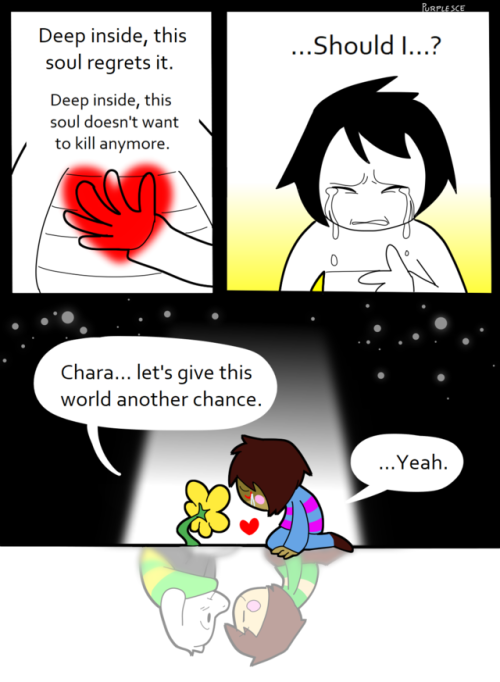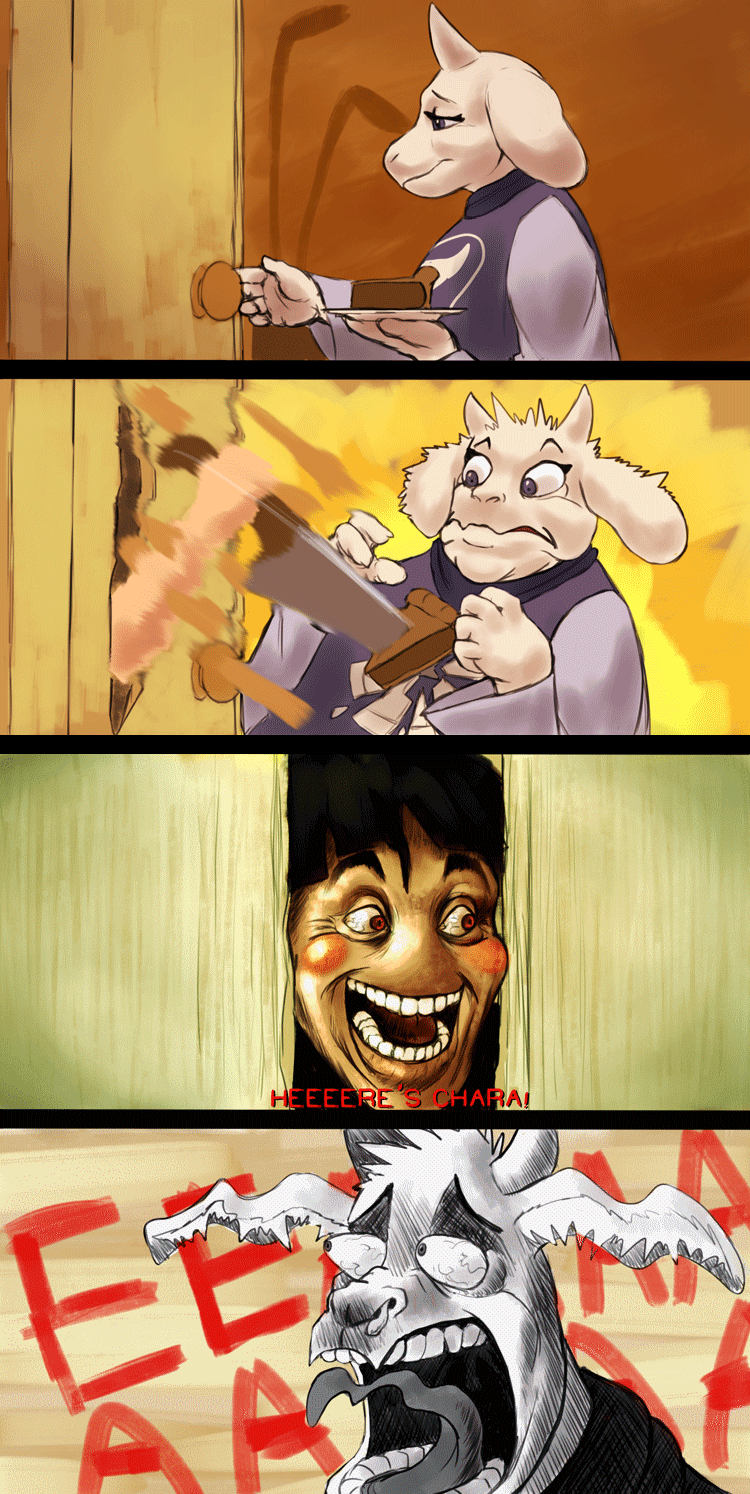

At any rate, there’s a conversation with the American who says, we will help you.

I’m not sure because I don’t think, at that point, there were diplomatic relations. I think it is probably the Ambassador from Rome or an undersecretary.

There’s a meeting between Ramiz Alia and the U.S. As things are starting to come apart in Albania because they lost their economic deal with East Germany, they used to have barter deals, and then it became cash, but they didn’t have any. He used to actually work directly with Ramiz Alia, who took over after Enver Hoxha. I made a film in Albania in ’91, and I interviewed a guy who used to be the secretary- not first secretary, a secretary to the Central Committee. I have to also say, in the West’s support for the former Soviet republics, there’s also competition. Again, an oligarchy nurtured, supported, and given well wishes, money, arms, whatever, by the West and the United States, but also Western Europe gets very involved. Let’s never forget that this is all about a corrupt oligarchy that, in many ways, as we talked about in the previous segment, emerges out of the chaos of the ’90s and the collapse of the Soviet Union. You’ve had this split, which is one section wants to exploit and plunder the Ukrainian people in alliance with the West, and one section wants to plunder and exploit the Ukrainian people and resources in alliance with Russia. Whereas the East needed this cheap Russian energy, and you get this division.Īs explained to me by Ukrainians, that’s an important factor in the split in the Ukrainian oligarchy. A section of the oligarchy wanted to be closer, and this is more represented in Western Ukraine, wanted to be closer to the E.U., wanted to be open to the West European markets, and sell cheap labor into the E.U. So you have a split in the Ukrainian oligarchy. The Ukrainian Right went from being quite sympathetic to Russia under the Czar to then being very anti-Soviet, thus anti-Russian.Īt any rate, the underlying issue, again, as I understand it, is that the area of Donbass and this section of the Eastern Ukraine industrial base was very dependent on cheap energy from Russia. It’s my understanding that before the Russian Revolution, the far-right of Ukraine was actually quite pro-czar, and the far-right liked the Russian Orthodox Church and felt itself, to a large extent, connected to Russian nationalism but hated the Bolshevik Revolution.

#PACIFIST RUN AFTER GENOCIDE TV#
My understanding is they do play an outsized role in Ukrainian politics or at least did in alliance with the far-right sections of the Ukrainian oligarchy, including a TV channel that has outright racist, anti-Russian propaganda on it. I think, as I understand it, in the last elections, the Nazis who did run some candidates, not a single one, got elected. First of all, the fact that this Jewish guy gets elected in Ukraine that has such a history of antisemitism says something positive about the Ukrainian people. My great-grandparents emigrated from a little town outside of Kyiv, but that doesn’t mean I know anything particular.Īgain, as someone who interviews people, I’ll tell you my understanding of it. In fact, part of my family comes from Ukraine. I’ve been to Ukraine once, but it was years ago. I’ve talked to Ukrainian guests, and I’ve talked to Russian guests. Well, again, let me say I’m no expert on Ukrainian politics. Can you comment on where you see Zelenskyy’s position in all of this? What has his behavior been? What is a pro-Ukrainian citizen position at this moment? Paul Jay My understanding is that a part of the reason Zelenskyy was elected in the first place was he had promised a peaceful negotiation with Russia and then was seen thereafter to be capitulating on some of those promises in order to appease some of the more right-wing and even far right-wing forces in Ukraine. I wanted here to try and parse out the difference between being pro-war against Russia and being pro-Ukraine. Something I wanted to talk to you about that you were mentioning in part one was Zelenskyy not necessarily being the angel figure that he has been presented as in a lot of the mainstream media. Welcome back to our conversation with Paul Jay about the Russia-Ukraine crisis within the context of global capital and imperialism. I’m Colin Bruce Anthes, and this is part two of my conversation with Paul Jay on the Russia-Ukraine war.


 0 kommentar(er)
0 kommentar(er)
